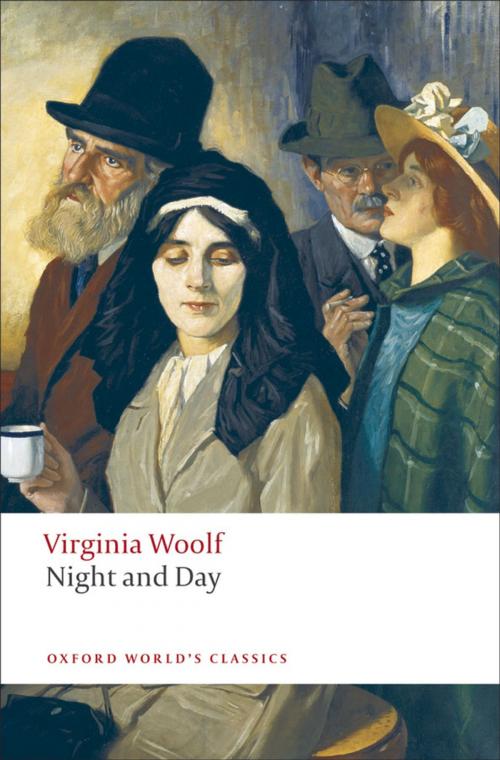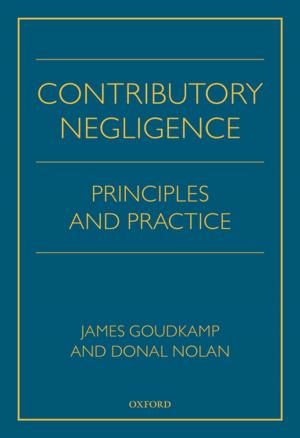| Author: | Virginia Woolf | ISBN: | 9780191500947 |
| Publisher: | OUP Oxford | Publication: | January 2, 1992 |
| Imprint: | OUP Oxford | Language: | English |
| Author: | Virginia Woolf |
| ISBN: | 9780191500947 |
| Publisher: | OUP Oxford |
| Publication: | January 2, 1992 |
| Imprint: | OUP Oxford |
| Language: | English |
Katherine Hilbery, torn between past and present, is a figure reflecting Woolf's own struggle with history. Both have illustrious literary ancestors: in Katherine's case, her poet grandfather, and in Woolf's, her father Leslie Stephen, writer, philosopher, and editor. Both desire to break away from the demands of the previous generation without disowning it altogether. Katherine must decide whether or not she loves the iconoclastic Ralph Denham; Woolf seeks a way of experimenting with the novel for that still allows her to express her affection for the literature of the past. This is the most traditional of Woolf's novels, yet even here we can see her beginning to break free; in this, her second novel, with its strange mixture of comedy and high seriousness, Woolf had already found her own characteristic voice. ABOUT THE SERIES: For over 100 years Oxford World's Classics has made available the widest range of literature from around the globe. Each affordable volume reflects Oxford's commitment to scholarship, providing the most accurate text plus a wealth of other valuable features, including expert introductions by leading authorities, helpful notes to clarify the text, up-to-date bibliographies for further study, and much more.
Katherine Hilbery, torn between past and present, is a figure reflecting Woolf's own struggle with history. Both have illustrious literary ancestors: in Katherine's case, her poet grandfather, and in Woolf's, her father Leslie Stephen, writer, philosopher, and editor. Both desire to break away from the demands of the previous generation without disowning it altogether. Katherine must decide whether or not she loves the iconoclastic Ralph Denham; Woolf seeks a way of experimenting with the novel for that still allows her to express her affection for the literature of the past. This is the most traditional of Woolf's novels, yet even here we can see her beginning to break free; in this, her second novel, with its strange mixture of comedy and high seriousness, Woolf had already found her own characteristic voice. ABOUT THE SERIES: For over 100 years Oxford World's Classics has made available the widest range of literature from around the globe. Each affordable volume reflects Oxford's commitment to scholarship, providing the most accurate text plus a wealth of other valuable features, including expert introductions by leading authorities, helpful notes to clarify the text, up-to-date bibliographies for further study, and much more.















